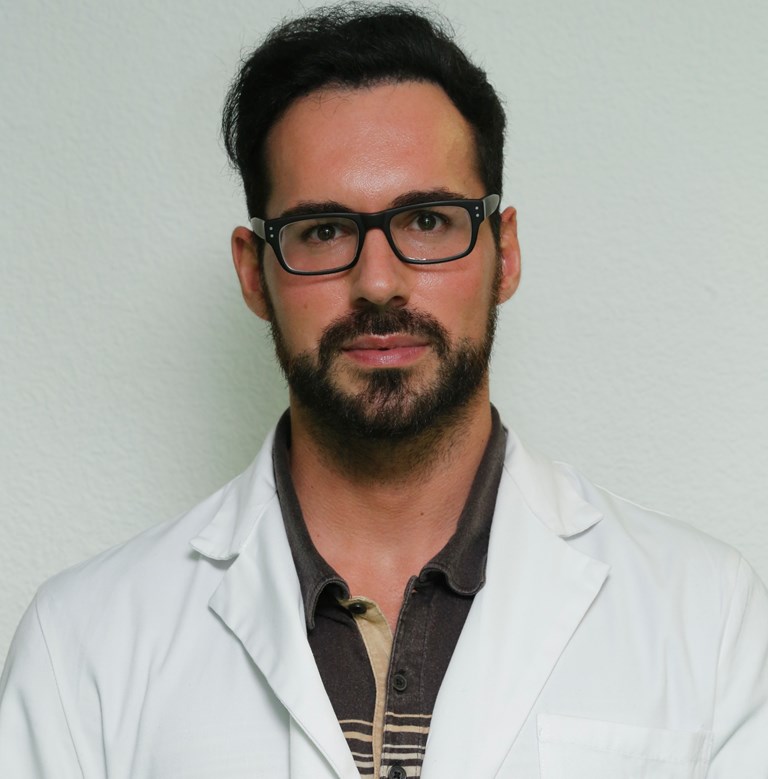Dance under the snow

A Christmas without the heavenly choral songs that Danny Elfman composed for Edward Scissorhands would be like a Christmas without snow. That this season comes with snow is as unlikely and magical today as it is fantastic to hear those musical compositions.
Many readers will scarcely hear this, but there have been few Christmas in which our screens have been flooded with that music; the film, a hyperbolic and delicious fable, includes that snow in the precise moments, in the emotional peaks; at the end of the film, an artificially aged but powerfully convincing Winona Ryder describes her granddaughter with her voice choked and ragged, with her open and luminous heart of a loving grandmother and a warm fireplace in the background at bedtime, how the days of snow reminded her of that infinite primal love that she experienced as a young woman with Edward, now little more than a distant memory covered by years and years of experiences and learning; as so often happens to our Elders, memories of yesteryear feel cozy and pleasant, allow them to savor a bit of better time.
And with Danny Elfman in the background, the elderly woman emotionally utters that moving phrase of, "Sometimes, I still dance under the snow." As he had danced next to Edwards years and years ago. As our grandparents and grandmothers dance to old melodies, to the rhythm of old memories, invoking the opportunity to feel free, agile, alive. Winter and Christmas are snow.
Christmas is the soundtrack of Edward Scissorhands, and Edward Scissorhands is the dance under the snow and the memory of the experience.
And with the winter, the snow, the music, the dance, and the precious memory of my grandmother, who left me a little over a year ago and who, long before I was born, had been the orbital center of all Christmas, I discover in the magazine Frontiers in Human Neuroscience a striking study has shown that, in healthy Seniors, in our grandparents and grandmothers to whom we want to provide eternal youth, an inexhaustible independence, a precious and well-deserved well-being, in our beloved Elders, then, the activity physical and very particularly dance not only diminish and nullify many risk factors that crouch daily ignite our fears, but also battle endeavor against the feared physical and cognitive decline that we can only intuit, if ours is an immobile position, in the not so distant horizon.
Dr. Rehfeld, the main architect of the study, believes in the assumption that dance poses new physical and mental challenges for any Senior, a driving force that reawakens those numbed portions of the muscles and the soul and, as we well know in Hoffmann World, an opportunity to enjoy healthy, youthful, independent aging, full of meaning and purpose. Memory, motor control, learning, balance...
All those pieces that Nature decided one day that would spoil to meet years; all of them are still revived with dancing -sometimes as descendants snowflakes-, with activity, with love, with desire to continue step by step thinking about the years as one who thinks in successive occasions of filling up what a good friend calls, very aptly, "lived life".
That sometimes, or always, today or tomorrow, our Elders dance again under the snow.
Andrés Navarro, Neuropsychologyst.




